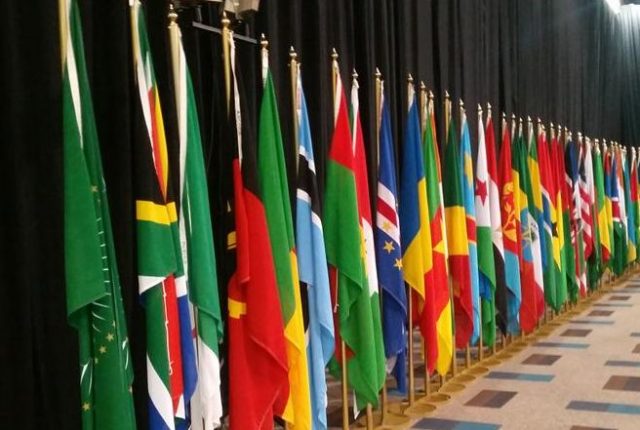
Kenya stands a chance to grow its economy exponentially across the region and the continent at large, but a proposed free trade deal with the USA that would see the country open its borders for duty-free imports from the United State and export a range of goods tax-free could see Kenya violate regional and continental trade protocols.
Although the government argues that this proposal is set to replace the African Growth and Opportunities Act (Agoa) agreement that expires in 2025 which allowed duty-free access of a wide range of African goods to the US, the East African Community Customs Union Protocol provides that a member state has to inform its partners of its intentions to offer third-party preferential market access since member states share a common Customs territory.
This clause is also upheld by the African Continental Free Trade Area (AfCFTA), where Kenya is a ratified member of this world’s largest free trade areas since the formation of the World Trade Organisation which will come into force in July. Protocols on goods and services in AfCFTA, guarantee the most favored nation treatment of each member country, which Kenya is likely to benefit from more compared with its deal with the US.
But according to CS Peter Munya, this move seeks an alternative route for Kenya to access the US market, which accounts for up to 10 percent of its export despite experts cautioning that the US decision to go solo on trade pacts would disadvantage developing countries including Kenya.
“Agoa, which allows countries to send goods to the United States duty-free, is scheduled to expire in three years. The US has made it clear it will not renew it. Agoa is the only route for Kenyan goods to access the US market duty-free and once it is out of place, it is Kenya that is going to suffer as the other EAC partner States operate under the Least Developed Countries framework,” he said.
AfCFTA has been estimated to have the potential to boost intra-African trade by 52.3 percent by eliminating import duties and to double this trade if non-tariff barriers are reduced, which Kenya will greatly benefit.


